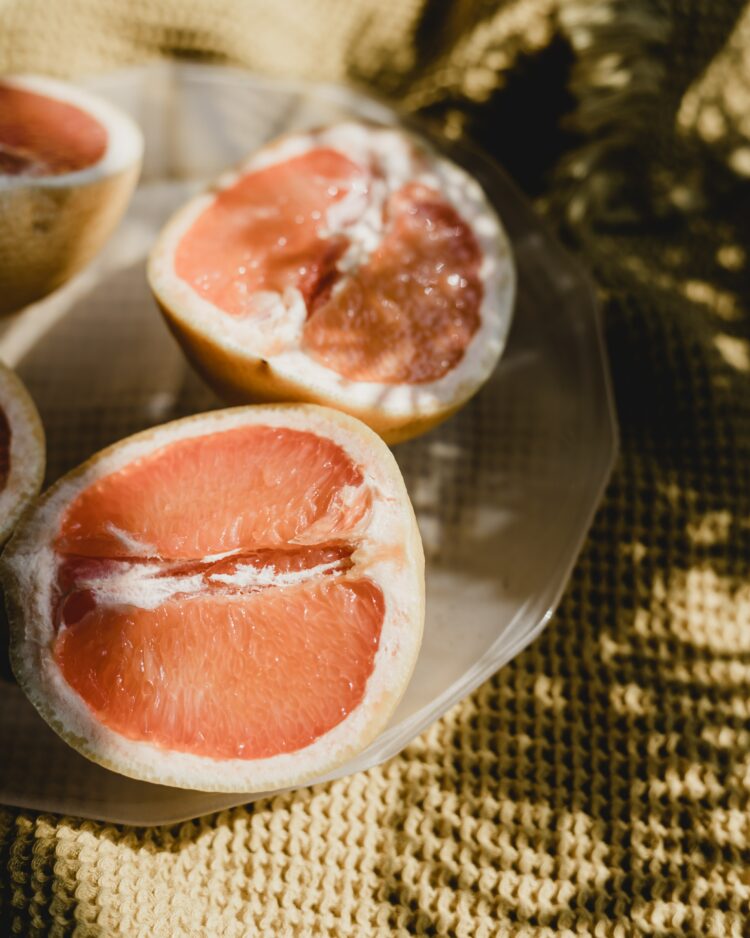WORDS | Alyce Cimino
Being a woman is a very magic thing, it can also be one delicate balance of hormones, moods, cycles, elimination, and digestion – and that can be a little overwhelming! so, we thought we would help take some of the guesswork out of it.
These 5 steps are something EVERY woman should be doing, no matter which life stage you are in – teens, preconception, postpartum, perimenopause, or post-menopausal.
ONE – Eat foods rich in minerals, in particular zinc, iron and calcium.
We know we have to eat a wide variety of foods, but why specifically? one to nourish every part of our body but we also want to be enjoying foods rich in key hormonal supporting minerals. Zinc is possibly one of the most key women’s health minerals. We require amble zinc for hormonal production but it is also required for egg health, ovarian health, skin health, immune health, mood balance, energy production, sleep, gut health.. yep that’s a long list!
When we are deficient we can see things such as pms, period pain, frequent illness, and physical symptoms such as cold sores, mouth ulcers, pimples and thinning hair and nails. Zinc also doesn’t store very well in the body, so we need a healthy intake to support all these uses. Our requirement levels change depending on our stage of life, but ensuring you are getting in a little through your food daily is a great place to start.
Zinc sources include: red meat, liver, shellfish, oysters, mussels, pumpkin seeds, chia seeds
TWO – Eat foods to support detoxification pathways.
Our body is very talented, despite what marketing companies would like us to believe… it detoxifies on its own! Through our skin, lungs, lymphatic system, liver, kidneys and bowel… its our job to give them what they need to do their job. It is ESSENTIAL that we move our bowels daily, ideally twice a day to ensure waste is able to be eliminated from the body, if not, hormonal waste that is trying to leave the body will recirculate. When this happens we may see changes such as pms, pmdd, period pain, changes to cycle lengths and menstruation changes. In our teen and perimenopause stages, it is even more essential for this hormonal clearance.
Exercise can support both skin and lungs but we need to give our liver and bowels a little extra hand if they get a bit sluggish. Foods that support our elimination pathways include:
Fiber, fibre, fibre: super sexy, but we need insoluble and soluble fiber to ensure adequate elimination from the body. We want to aim for 30-35g a day.
Sulper-rich veggies: for hormonal clearance this one is key! broccoli, brussel sprouts, kale, and cabbage can be a girl’s best friend.
Bitter foods: Our liver and digestive system loves bitter foods. Bitters improve the functionality of both, working to improve how we digest our foods so we absorb everything better while also stimulating our liver to function better and eliminate better!
Water: it may seem obvious but we need to ensure we have enough water each day to allow waste to leave the body.
THREE: We need protein too!
I can not explain how many times I tell clients “We need to increase your protein intake”. We need protein to help make our hormones but also support immune health, heal tissue and muscle, support cell integrity and nearly every other bodily function.
Our protein intake demands change depending on our lifestyle, the older we get we actually tend to eat less, however, we its usually when we need more! The RDI for women is 0.75g/ kilogram of body weight per day – and to be honest this may be a little too low. For women who are pregnant, breastfeeding or over 70 years old. this increased to 1g/kg of body weight.
FOUR: Balance blood glucose levels
Our body loves balance, in fact, it strives for it! When we support blood glucose regulation we are also supporting hormonal regulation, mood regulation, weight management, immune regulation, and adrenal health.
The trick to balancing glucose levels can seem overwhelming but here is the slimpicy of it. Eat small amounts frequently, with a focus on protein (there it is again!), good fat and fiber.
FIVE: Eat!
Undereating is a common cause of hormonal and cycle dysregulation. It may be that you are not eating enough in general or it may be that you are not eating enough wholefood and variety overall and therefore your vitamins, minerals, nutrients, proteins, carbohydrates and fats are lacking. The more variety the better. A little of a lot really does go a long way.
We want to aim for 6 – 8 cups of veggies daily, with a little good fat, protein and carbohydrates added in… if you need a little bit of help working out exactly what works for you, let us know! we can take the guess work out of it for you!
